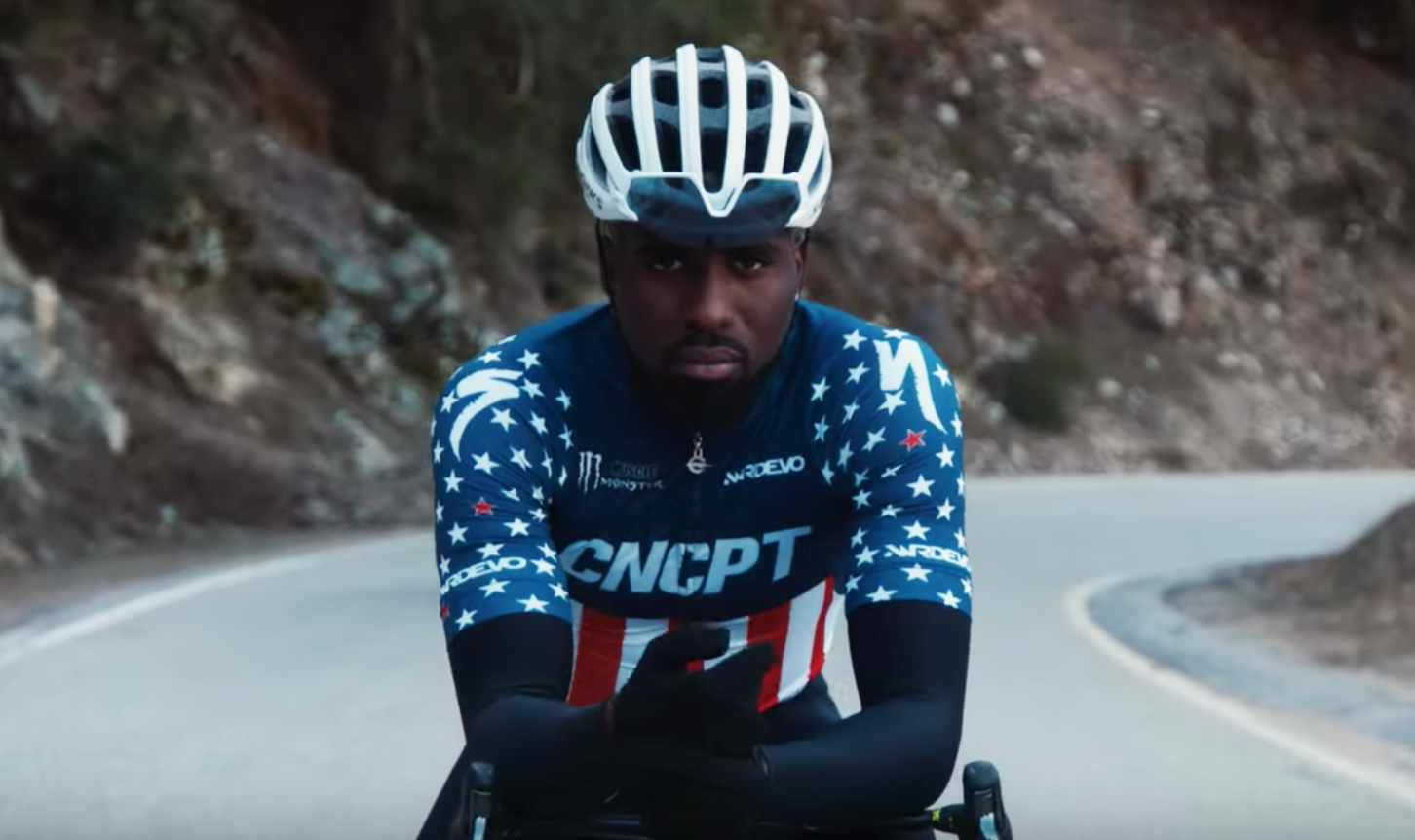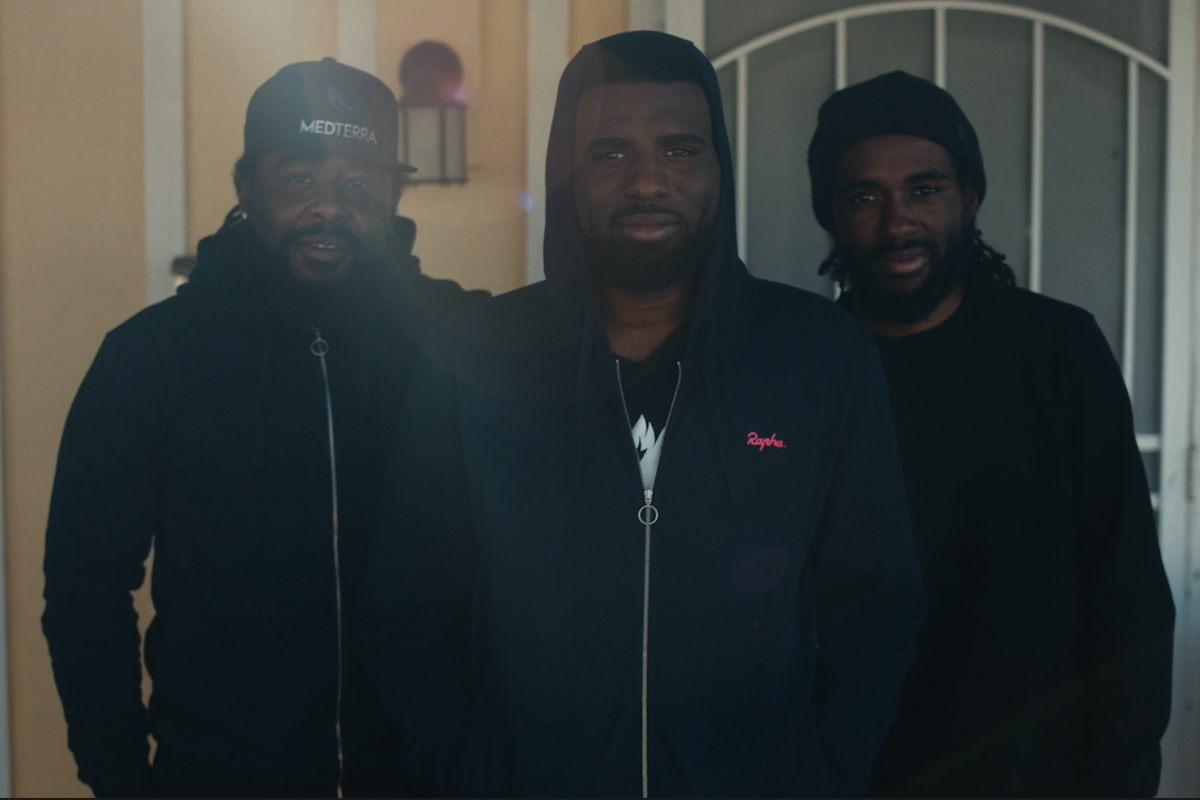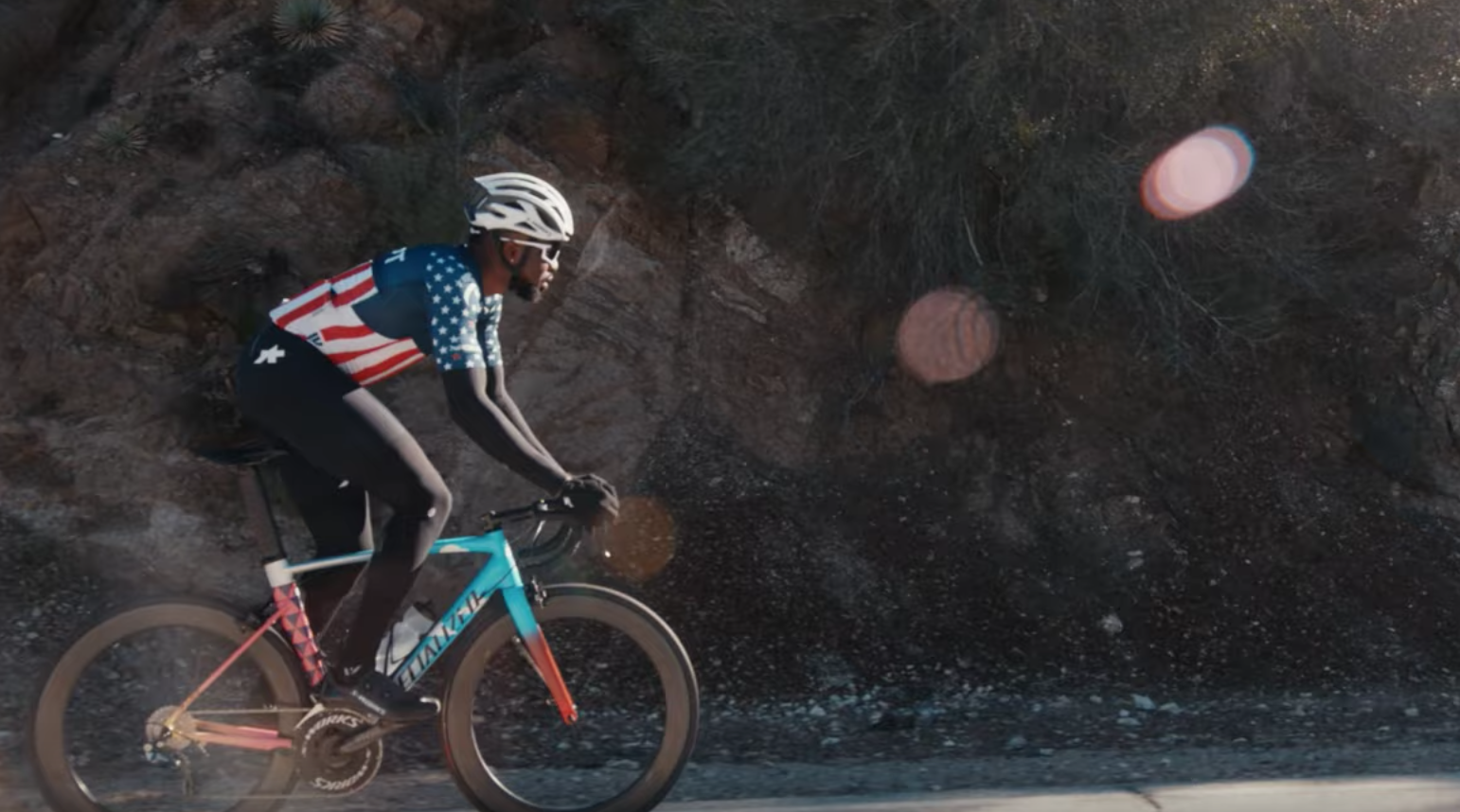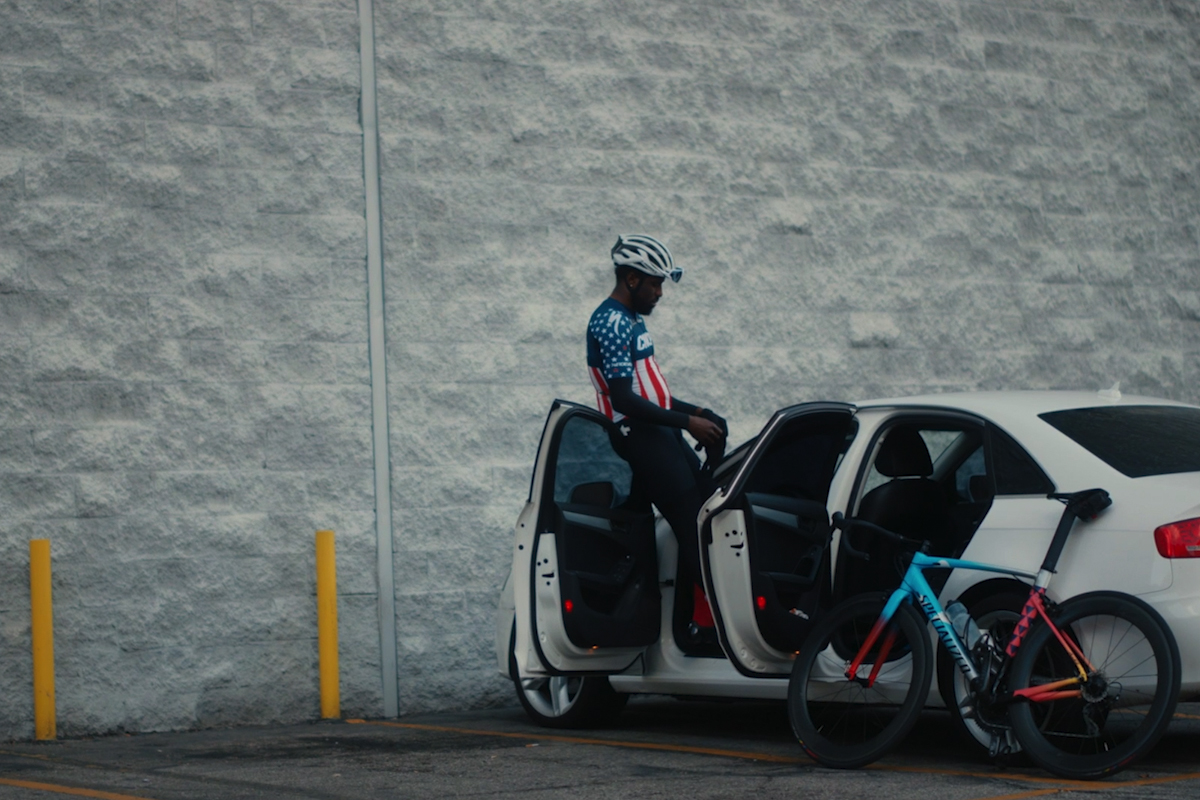US road champion Justin Williams: 'Being in a sport that is primarily white it was hard not to feel alone, it broke me'
The 2018 USA Amateur Road and Crit champion says we need to move away from the 'boys club' of cycling to achieve greater inclusion and representation

Justin Williams (Specialized)
The latest race content, interviews, features, reviews and expert buying guides, direct to your inbox!
You are now subscribed
Your newsletter sign-up was successful
The world of cycling is predominantly white. For instance, of London's 750,000 daily cyclists only seven per cent are from ethnic minorities.
This trend is not just limited to the United Kingdom, it's apparent across the western world, something American rider Justin Williams has experienced first-hand.
"Anyone in the sport that decides to do something different is shunned or outcast - 'You don't look like a typical cyclist'. That has to change."
Speaking as part of Specialized's 'The Issue Is' series, which highlights people putting their own stamp on cycling, Williams is asked "when are we going to drop the facade and see cycling as the beautiful thing it is?"
"When someone comes along and doesn't have to play by the rules," he replies.
https://www.youtube.com/watch?v=mDUio9R_R7A
Williams won both the Amateur Road and Crit championships last July in Maryland, but the most impressive thing about that feat? He did it without a team.
The latest race content, interviews, features, reviews and expert buying guides, direct to your inbox!
The 30-year-old has ridden for teams before though, racing with three different American continental outfits - Cylance in 2017, Astellas, and before that Trek-Livestrong (now Hagens Berman-Axon) as an under-23.
"Everyone grows up wanting to go race their bike in Europe and that's great but I think there's room for more than just doing the Tour de France.
"That's something that I've struggled with my whole career," Williams says, "wanting to be myself, wanting to bring the culture that I grew up with into a sport without feeling like I'm going to get judged."

Williams grew up in South Central Los Angeles, and was three years old when the 1992 Los Angeles riots took place after a jury acquitted four police officers for using of excessive force in the arrest and beating of Rodney King.
"The transition from that [growing up in Los Angeles] to the US national team and being the only person of colour there was crazy. Being involved in a sport that is primarily white it was hard not to feel alone, and it ultimately cracked me."
As well as making a name for himself through his own results, Williams has also set up his own development team, called CNCPT, where he mentors a group of African American and Hispanic riders.

"All great things come after failure. You have to fail to succeed," Williams says. "Racing by myself and winning as much as I did, it became this undeniable thing. I had the most fulfilling year of my career this year. All these things that I thought were really cool, from fashion to rap music, hip hop, when I figured I could infuse that into cycling, the thing that I love, then it changed my whole life."
This is clearly central to Williams' philosophy about how he is going to try and open the doors for others, that he had to force open for himself. "If you can make it appealing to kids, like in the hood, that'll change what the sport looks like," he says. "Someone needs to admire what you're doing and how you look doing it. It's hard to do that when you're showing up and wearing a sponsor's logo and shirt every time when people don't necessarily care about what the team looks like."
>>> 15 Benefits of cycling: why cycling is good for weight loss, fitness, legs and mind
The desire for Williams came from wanting something in cycling that was him, his background and his interests. "Everything was unrepresentative of the culture that I grew up in, and that's how the CNCPT team was born. My goal is just break every norm that I've had to deal with in cycling. Act how we wanted to act, or be who we wanted to be. Ride with etiquette - old school etiquette.
"[That was] the next step in what we wanted to accomplish as a family, we grew that into a professional cycling team at the highest level of domestic racing - the Legion of Los Angeles. We're like, we want to be your favourite team. When we show up to races, we want to be the reason that you're there."

This feeling of wanting disruption in a sport that doesn't often welcome change is not a sentiment just felt by Williams, he says, and that they're not going to wait around for someone to tell them they can change things. "Everyone in this sport is longing for change. If we can be heroes in America, we can influence the next generation of kids that ride bikes.
"We're going to wear Jordans. We listen to rap. We're really loud at races. And we're also going to be a part of the conversation. I'm full on rebel mode right now."
Jonny was Cycling Weekly's Weekend Editor until 2022.
I like writing offbeat features and eating too much bread when working out on the road at bike races.
Before joining Cycling Weekly I worked at The Tab and I've also written for Vice, Time Out, and worked freelance for The Telegraph (I know, but I needed the money at the time so let me live).
I also worked for ITV Cycling between 2011-2018 on their Tour de France and Vuelta a España coverage. Sometimes I'd be helping the producers make the programme and other times I'd be getting the lunches. Just in case you were wondering - Phil Liggett and Paul Sherwen had the same ham sandwich every day, it was great.